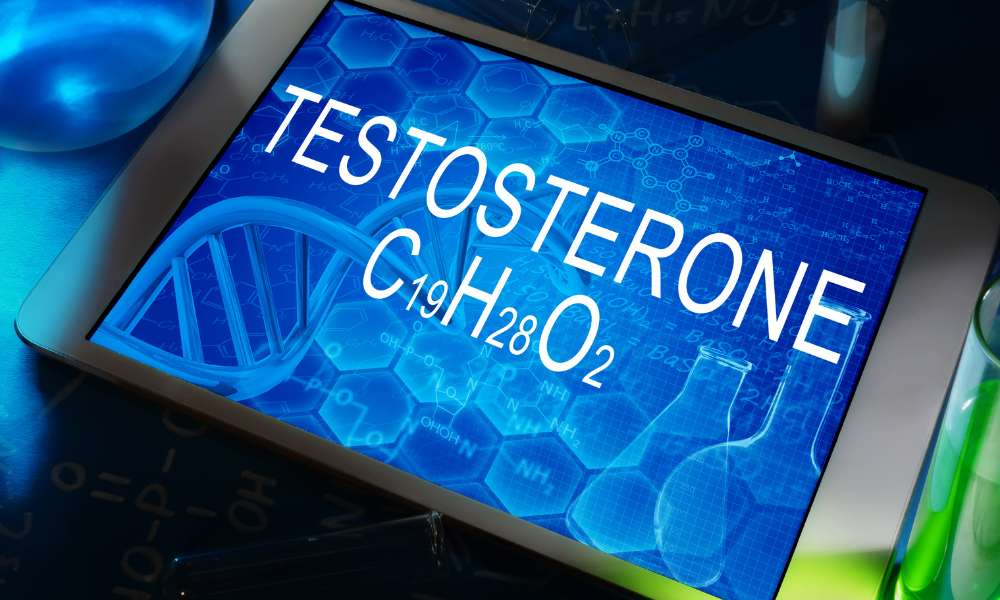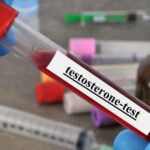Testosterone, often referred to as the male hormone, plays a crucial role in the health and well-being of men. It affects everything from muscle mass and bone density to mood and energy levels. But what happens when testosterone levels drop too low? How low is dangerously low testosterone, and what can be done about it? In this post, we’ll explore the signs, symptoms, and risks of low testosterone, as well as treatment options available, including our office location in St. Augustine, FL, where we specialize in treating low levels of testosterone.
Understanding Testosterone Levels
Testosterone levels naturally decline with age, but when they fall below a certain threshold, it can lead to a condition known as hypogonadism or low testosterone. The normal range for testosterone levels in men is typically between 300 to 1,000 nanograms per deciliter (ng/dL). Levels below 300 ng/dL are generally considered low and may warrant medical intervention.
Signs and Symptoms of Low Testosterone
Low testosterone can manifest in various ways, and the symptoms can significantly impact a man’s quality of life. Some common signs and symptoms include:
- Fatigue and Decreased Energy Levels: Men with low testosterone often experience chronic fatigue and a noticeable decrease in energy levels. Simple tasks that were once easy may become exhausting.
- Reduced Sex Drive and Erectile Dysfunction: One of the most well-known symptoms of low testosterone is a decreased libido. Men may also experience difficulties with erections, including erectile dysfunction.
- Mood Changes: Testosterone influences mood regulation, and low levels can lead to irritability, depression, and anxiety.
- Loss of Muscle Mass and Increased Body Fat: Testosterone plays a critical role in muscle development and fat distribution. Men with low testosterone may notice a decrease in muscle mass and an increase in body fat, particularly around the abdomen.
- Decreased Bone Density: Low testosterone can lead to weakened bones, increasing the risk of fractures and osteoporosis.
- Cognitive Decline: Some men with low testosterone report difficulties with concentration, memory, and cognitive function.
The Risks of Untreated Low Testosterone
Ignoring low testosterone can lead to serious health consequences. Besides the immediate impact on quality of life, untreated low testosterone can increase the risk of:
- Cardiovascular Disease: Research suggests a link between low testosterone and an increased risk of heart disease and stroke.
- Diabetes: Low testosterone levels have been associated with insulin resistance and type 2 diabetes.
- Metabolic Syndrome: This condition, characterized by a cluster of symptoms including high blood pressure, high blood sugar, excess body fat around the waist, and abnormal cholesterol levels, is more common in men with low testosterone.
- Depression and Mental Health Issues: The mood disturbances caused by low testosterone can lead to severe depression and other mental health problems.
Diagnosing Low Testosterone
If you suspect you have low testosterone, it’s essential to seek medical advice. A healthcare provider will typically perform a physical examination and order a blood test to measure your testosterone levels. This test is usually conducted in the morning when testosterone levels are at their peak.
Treatment Options for Low Testosterone
The good news is that low testosterone is treatable. Several options are available to help men restore their testosterone levels and improve their quality of life:
- Testosterone Replacement Therapy (TRT): This is the most common treatment for low testosterone. TRT can be administered in various forms, including injections, gels, patches, and pellets. The goal is to restore testosterone levels to the normal range.
- Lifestyle Changes: In some cases, lifestyle modifications such as regular exercise, a healthy diet, weight loss, and reducing stress can help boost testosterone levels naturally.
- Medications: Certain medications can stimulate the body’s production of testosterone or address specific symptoms associated with low testosterone.
Our Expertise in Treating Low Testosterone in St. Augustine, FL
At our office in St. Augustine, FL, we specialize in diagnosing and treating low testosterone. We understand the profound impact that low testosterone can have on your life, and we are committed to helping you regain your vitality and well-being.
Our experienced healthcare providers will work with you to develop a personalized treatment plan tailored to your needs. We offer comprehensive testosterone replacement therapy options and provide guidance on lifestyle changes to support your overall health.
Why Choose Us?
- Personalized Care: We believe in a patient-centered approach, ensuring that your treatment plan is customized to your unique needs and health goals.
- Experienced Professionals: Our team of healthcare providers has extensive experience in treating low testosterone and is dedicated to staying updated with the latest advancements in the field.
- Comprehensive Services: From initial diagnosis to ongoing management, we offer a full range of services to support your journey towards optimal health.
Conclusion
Low testosterone is a common condition that can significantly impact a man’s quality of life. Recognizing the signs and symptoms and seeking appropriate treatment is crucial. If you are experiencing symptoms of low testosterone, don’t hesitate to reach out for help. Our office in St. Augustine, FL, is here to provide you with the care and support you need to restore your testosterone levels and improve your overall well-being.





